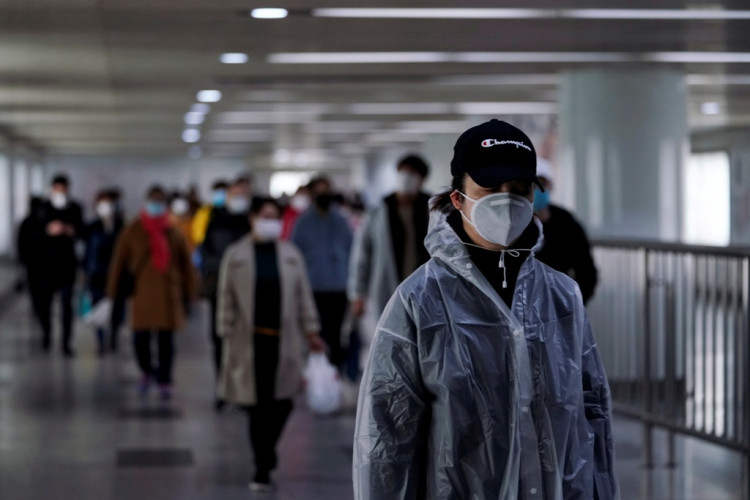China's National Health Commission confirmed 3,062 new coronavirus infections in the country and 97 new deaths. All in all, the country now has a total of 40,171 infections and 908 deaths as of February 10.
With how the outbreak is affecting different industries, the Chinese government allocated $10 billion to fight coronavirus. At the same time, members of the China Association for Vaccines and China National Biotec Corporation are working on a vaccine to protect from pneumonia, which is the most threatening manifestation of the virus.
The World Health Health Organization, meanwhile, said that the situation in Hubei is stabilizing based on the number of deaths and infections reported daily. Previously, there had remarkable jumps in numbers within 24 hours but it is no longer the case at present. WHO's head of Health Emergencies Programme Michael Ryan said the number of reported cases hasn't advanced in a four-day stable period.
At the same time, no new countries reported cases of infections in the past 24 hours, according to the WHO update on February 9.
What concerned WHO this time is the rising number of cases among local transmission, even among people without travel history to China.
In Hong Kong, nine members of a family got the virus after they shared hotpot during Lunar New Year. The family is just part of a group of 19 who shared the hotpot for the New Year. In an answer to the outbreak, Hong Kong is designating 8,000 square feet of space for surgical mask production. Space was originally for a vegetable farm.
As a result, there are now at least 62 countries that restricted travel for foreign nationals coming from China as well as citizens going to the mainland.
Most recently Malaysia banned travelers coming from Zhejiang and Jiangsu provinces. The country has previously only banned travel for people coming from Wuhan.
India has also canceled visas for any foreign national traveling from China after confirming three cases of coronavirus infections. In Saudi Arabia, where there is no single infection yet, non-citizens who recently traveled to China are banned from going to the country.
With travel bans all over and with China imposing a lockdown on Wuhan, hundreds of thousands of Chinese overseas workers remained in the country. By estimate, there are 11 Chinese migrants worldwide and a significant percentage of that number remained inside the country, including students who are studying in international universities.
Banks on Wall Street are feeling the pinch, as more Chinese workers haven't reported working. In Singapore's case, about 30,000 foreign workers from China have yet to go back to their jobs. In the case of the US, the Chinese make up the majority of its international students.
Factories, universities, and other establishments in the country extended temporary shutdown at least until March 1. Manufacturing plants in Guangdong province have yet to announce plans of re-opening while the police of Huangpu district in the city of Zhongshan reminded companies that re-opening should be delayed until March 1. Some factories should not re-open unless they get an official green signal from the authorities. Of those affected in iPhone's major supplier, Foxconn, which was supposed to re-open on Monday.





